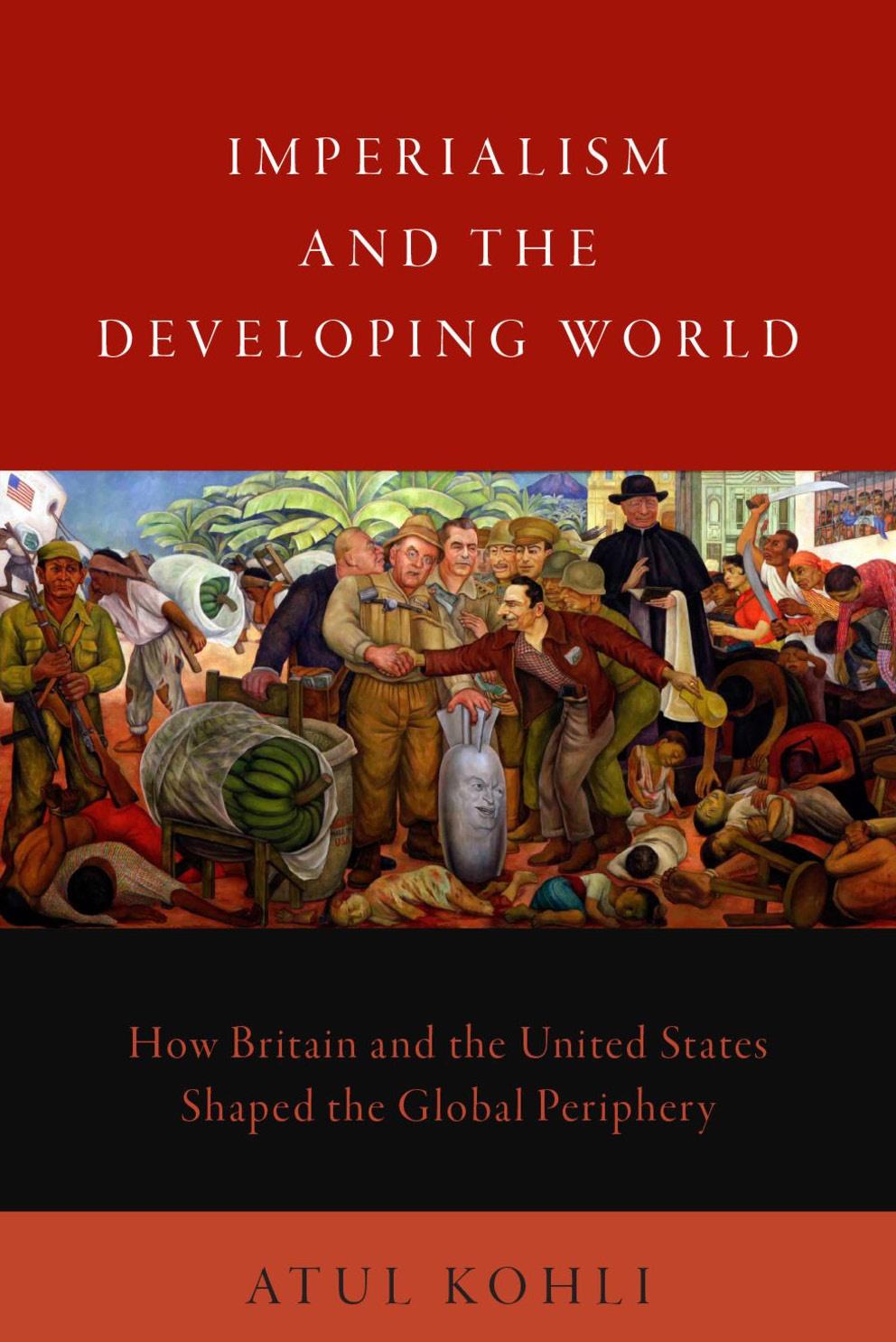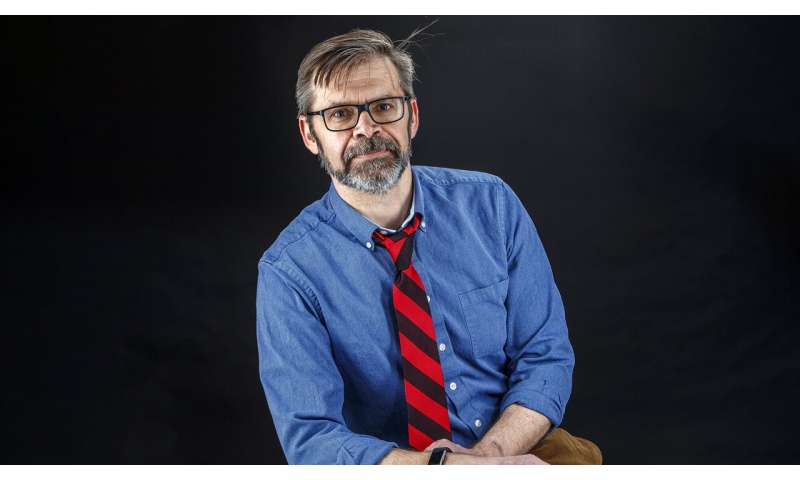EP 355 The Death Penalty in America
You didn’t know we still had one? Without court injunctions delaying it, the Trump Department of Justice has been interested in reviving the practice using lethal injection. In fact, President Trump has talked about extending its use to drug dealers in certain cases. With about 70 people on death row in America for federal crimes, most of the executions still carried out in America are in the remaining states that have not abolished the ultimate penalty. The practice is becoming rarer by the year, as the objections to it grow here and around the world. I was focused on the federal death penalty when I began the conversation with Brooks Emmanuel, a legal counsel for The Justice Collaborative, but given his expertise and where the action is on this subject we moved to a broader conversation on the states’ use of it and regional disparities involved in its application. It’s hard to address the topic without recognizing the racial implications over our history as well as the matter of wrongful convictions. I was stunned to learn that this number is about ten percent. You’ll appreciate his analogy pointing to how quickly this practice would be shut down, on that basis alone, if various historical factors were not at play. This update will provide you with the information you need to consider your own sentiments as to whether this practice should be stricken from the books in America altogether and what the chances are that it will and how that might come about.
Podcast: Play in new window | Download









